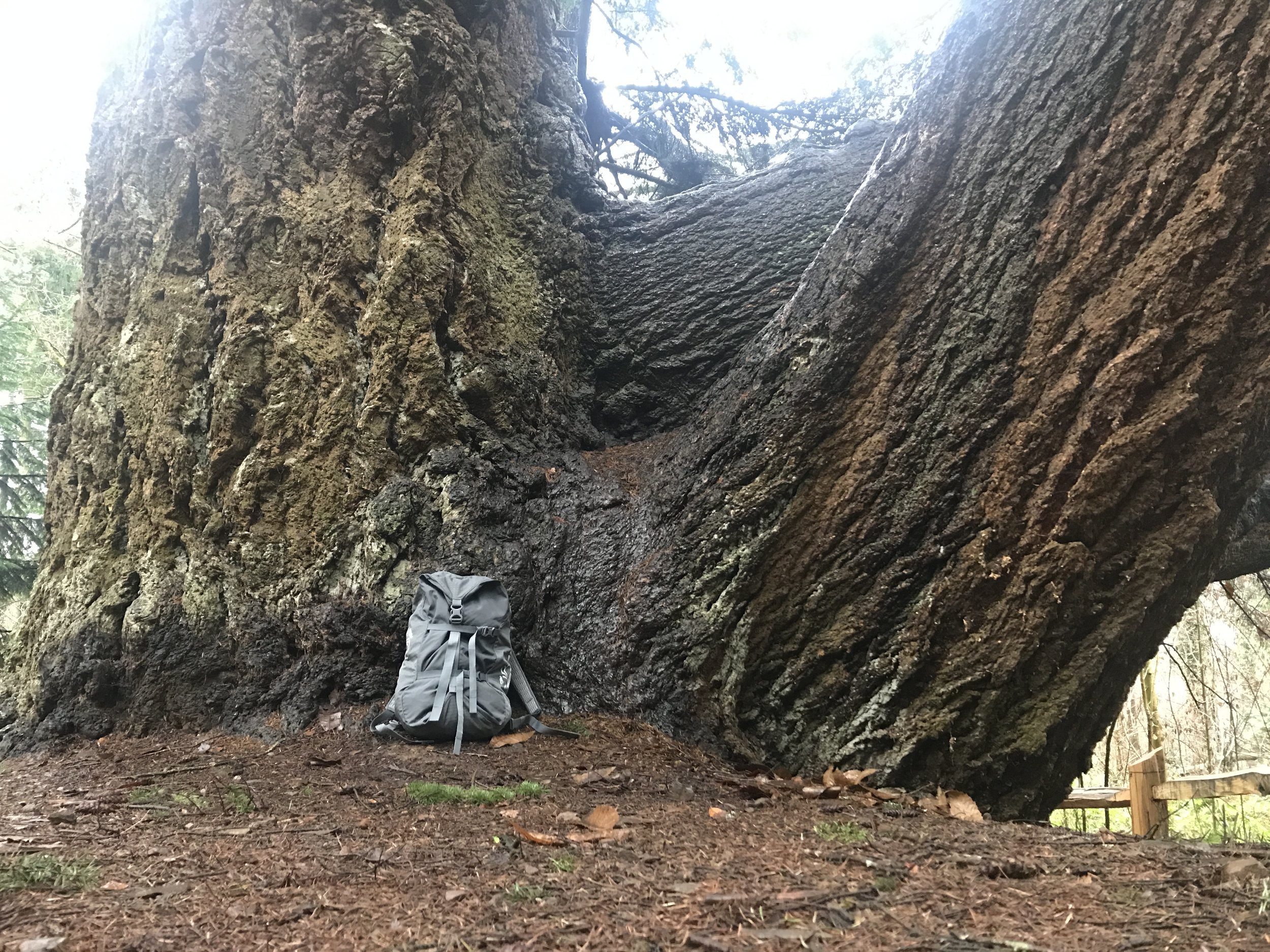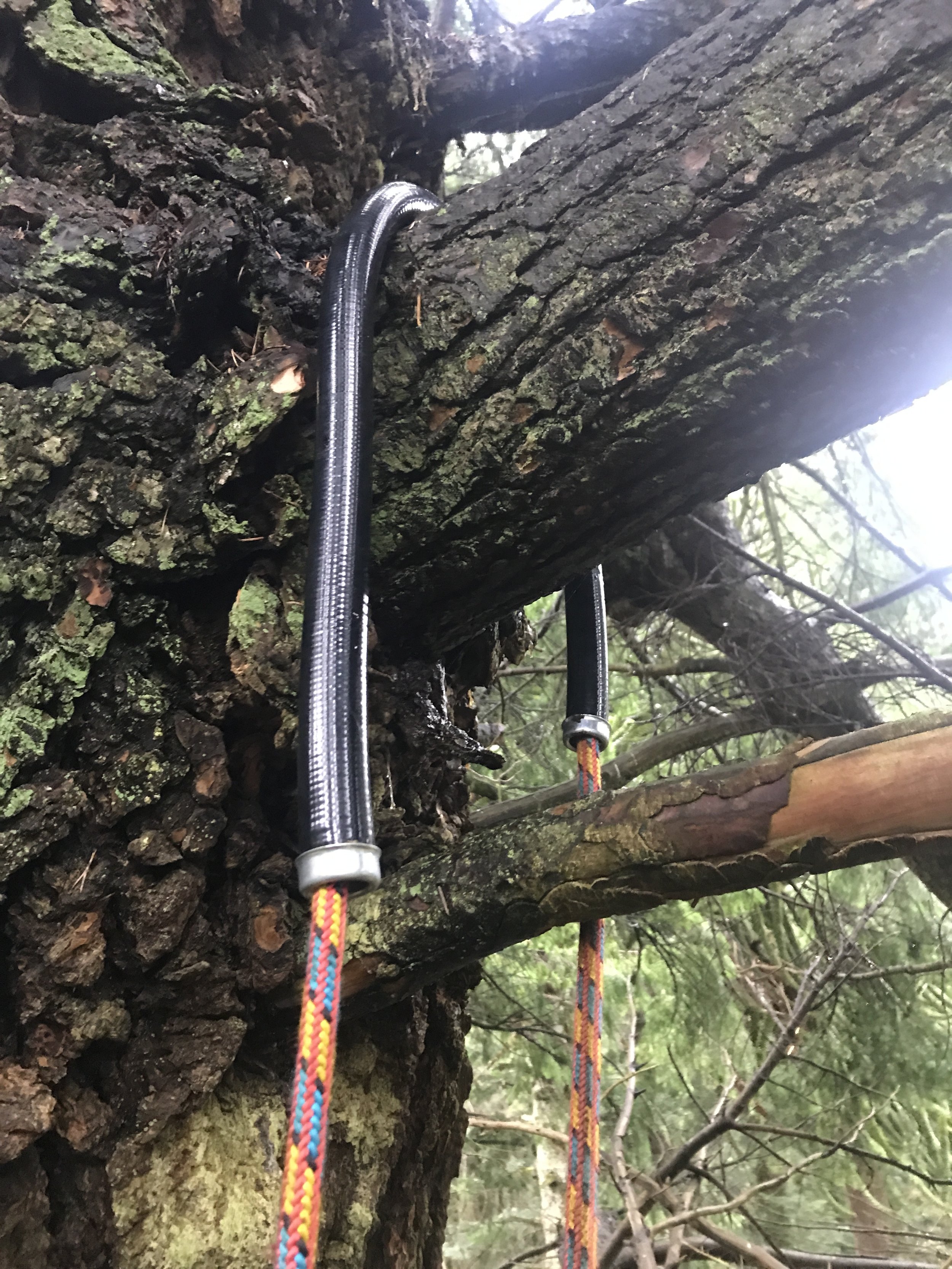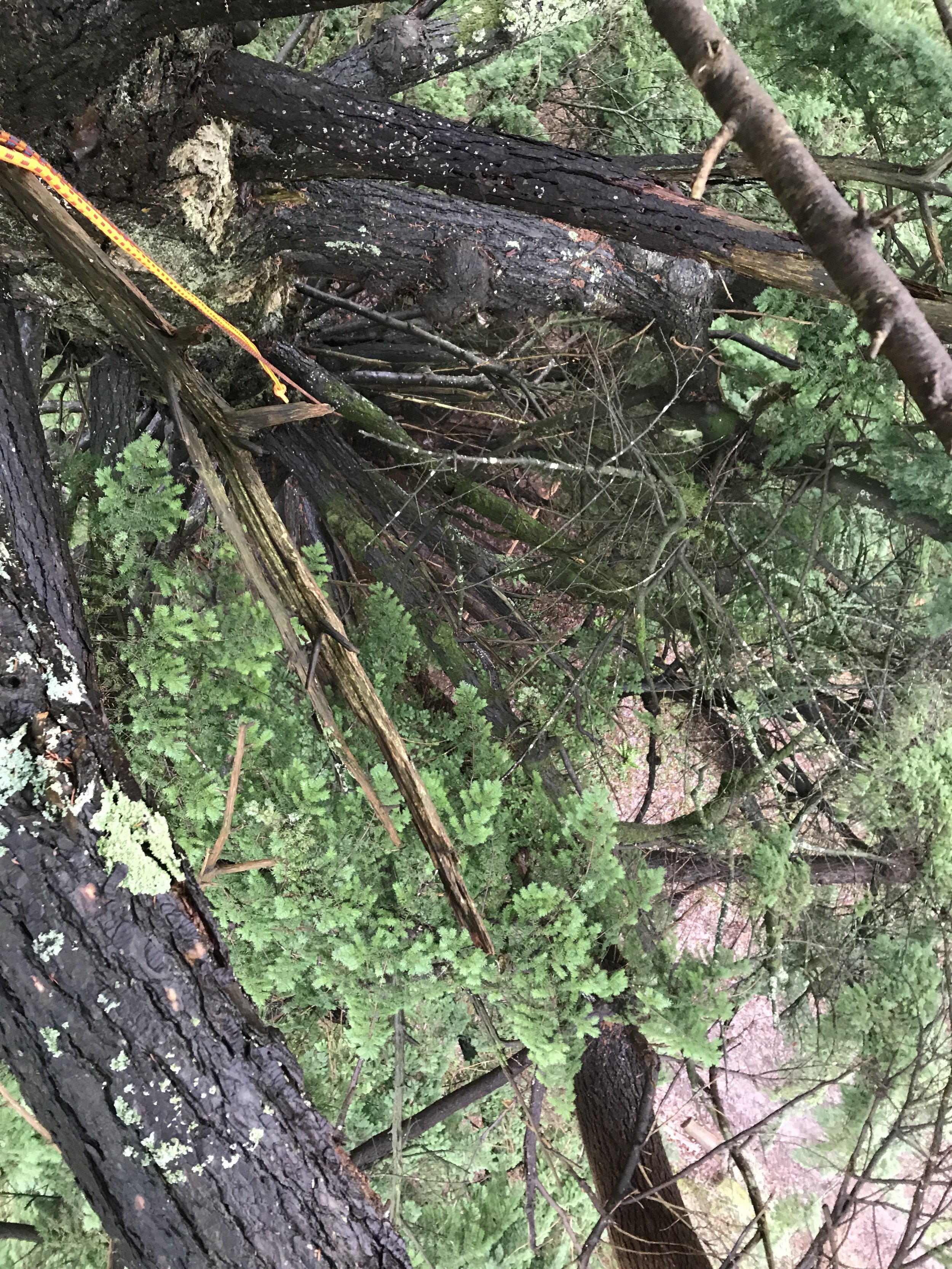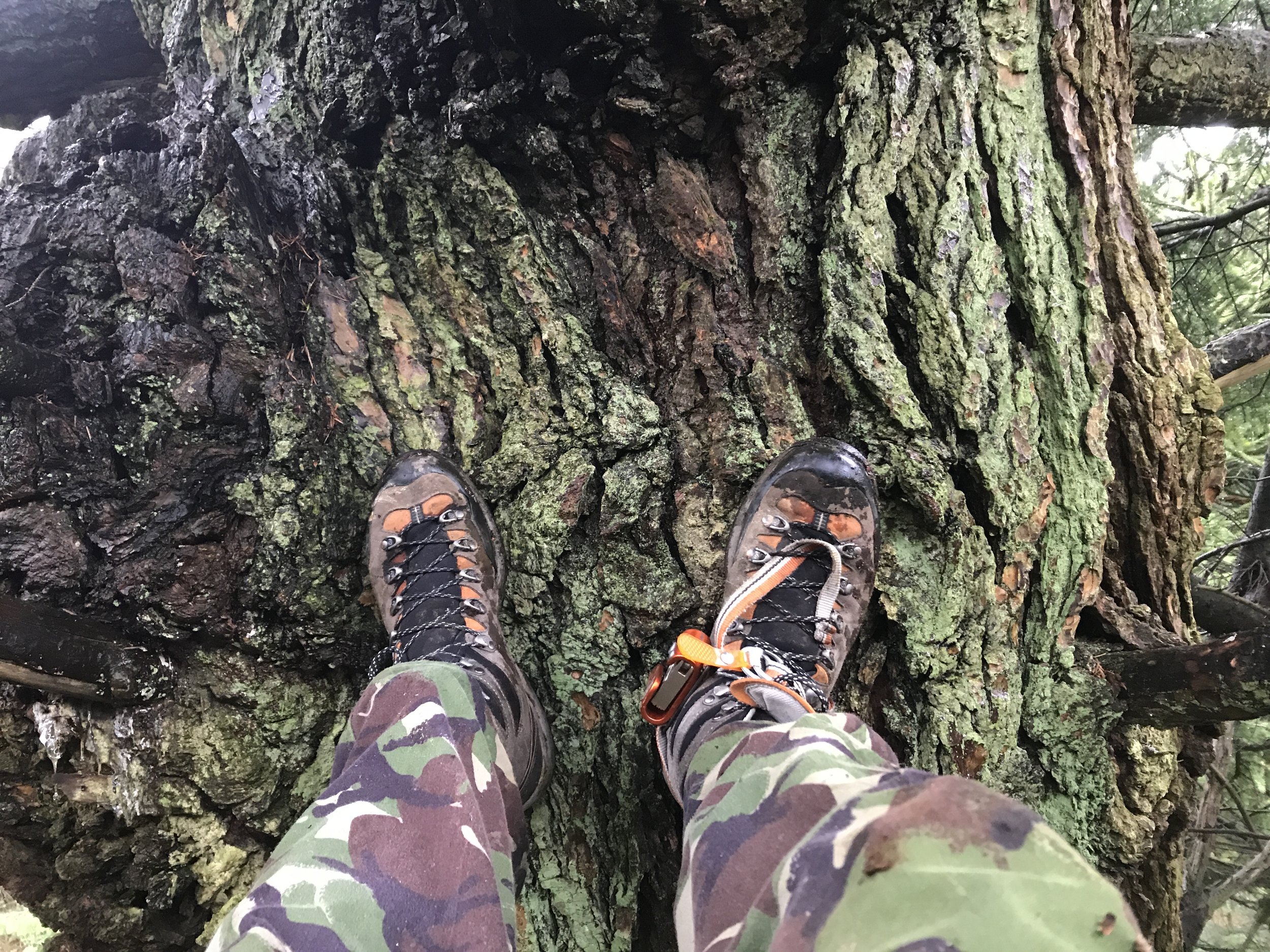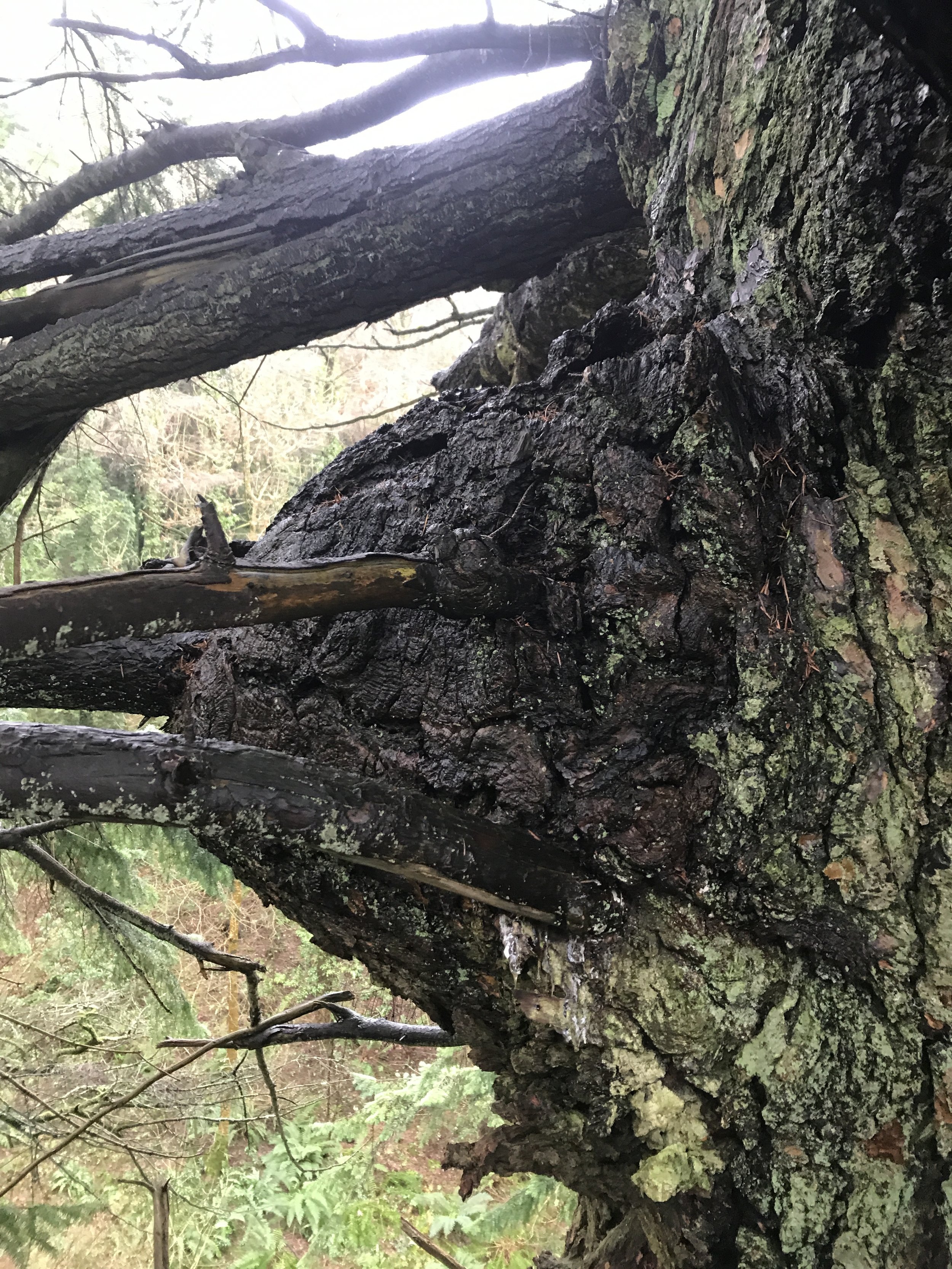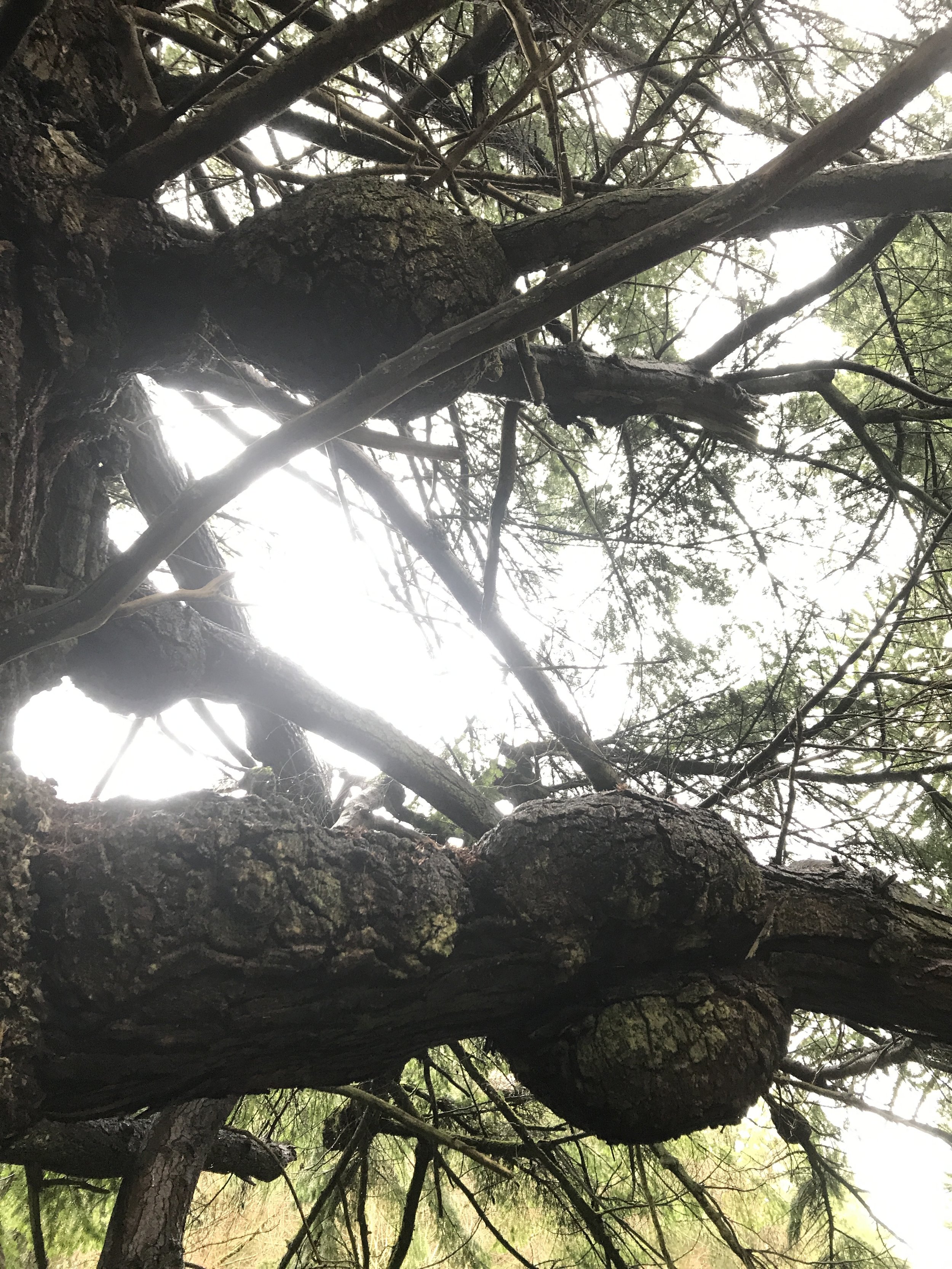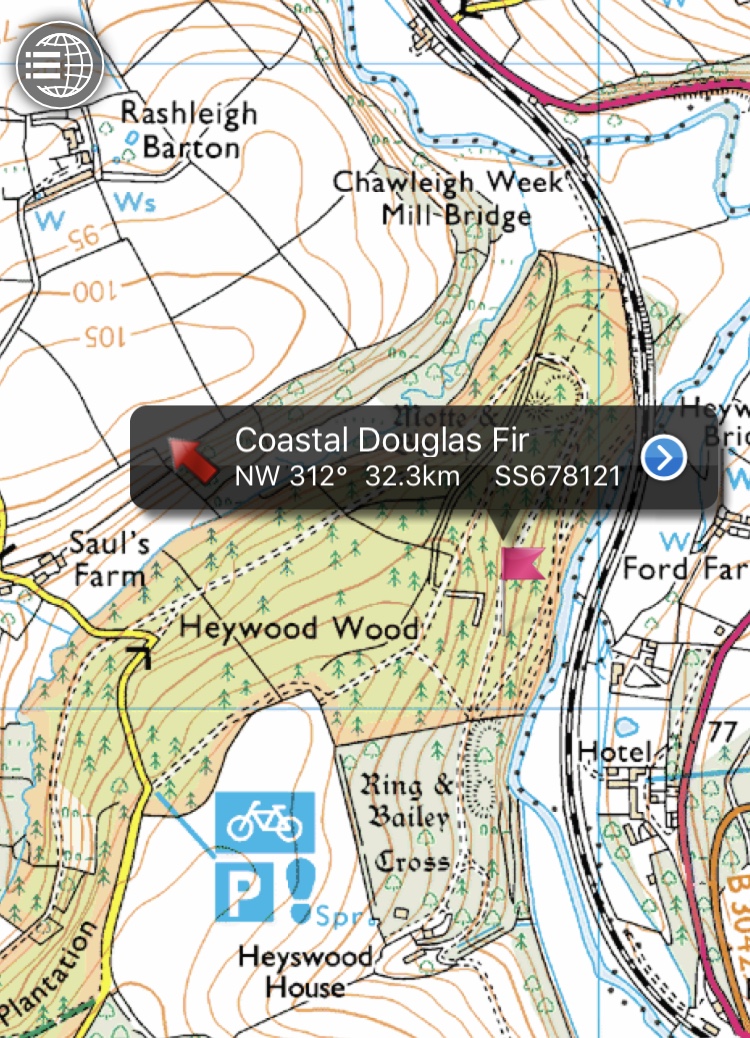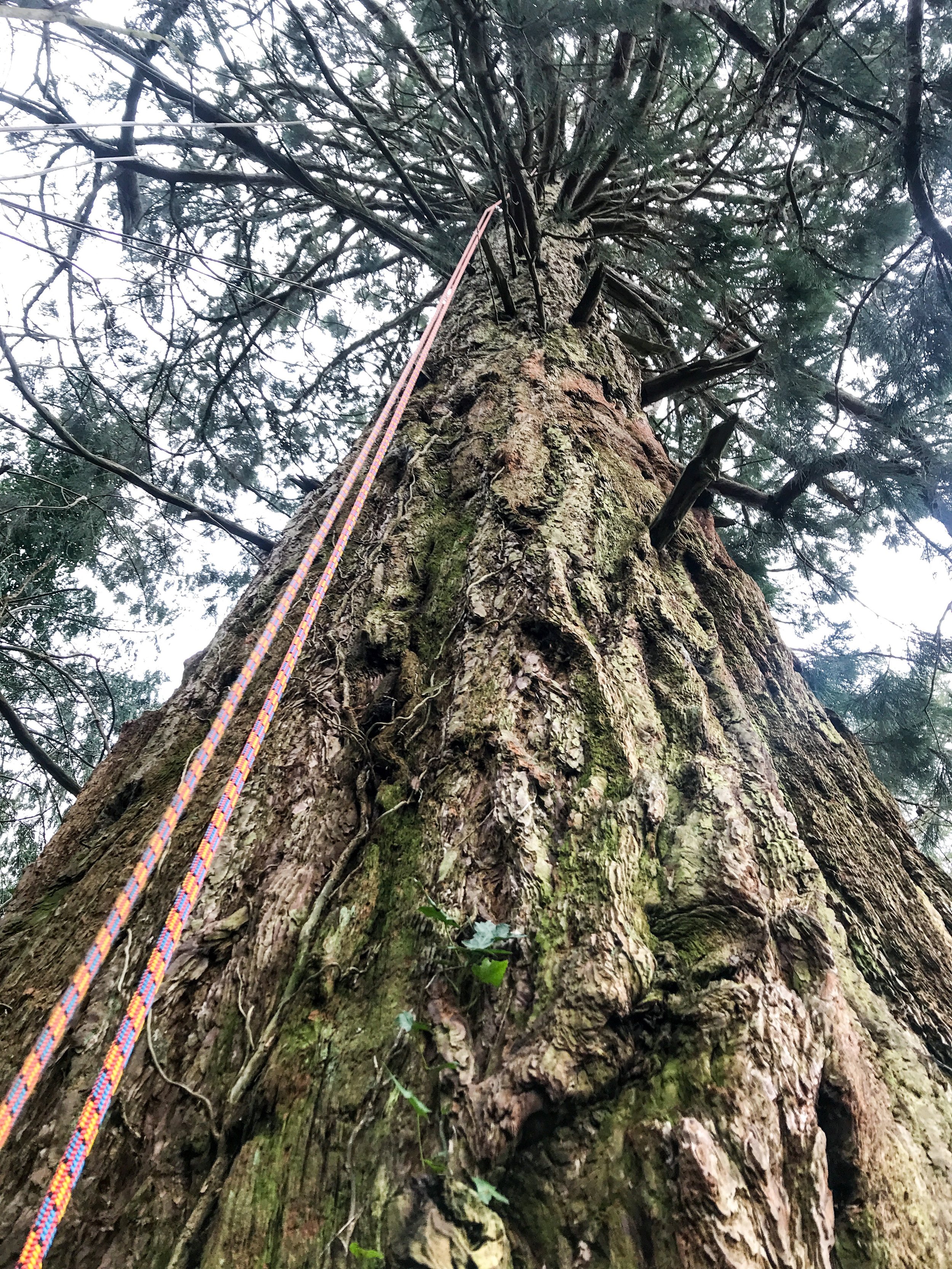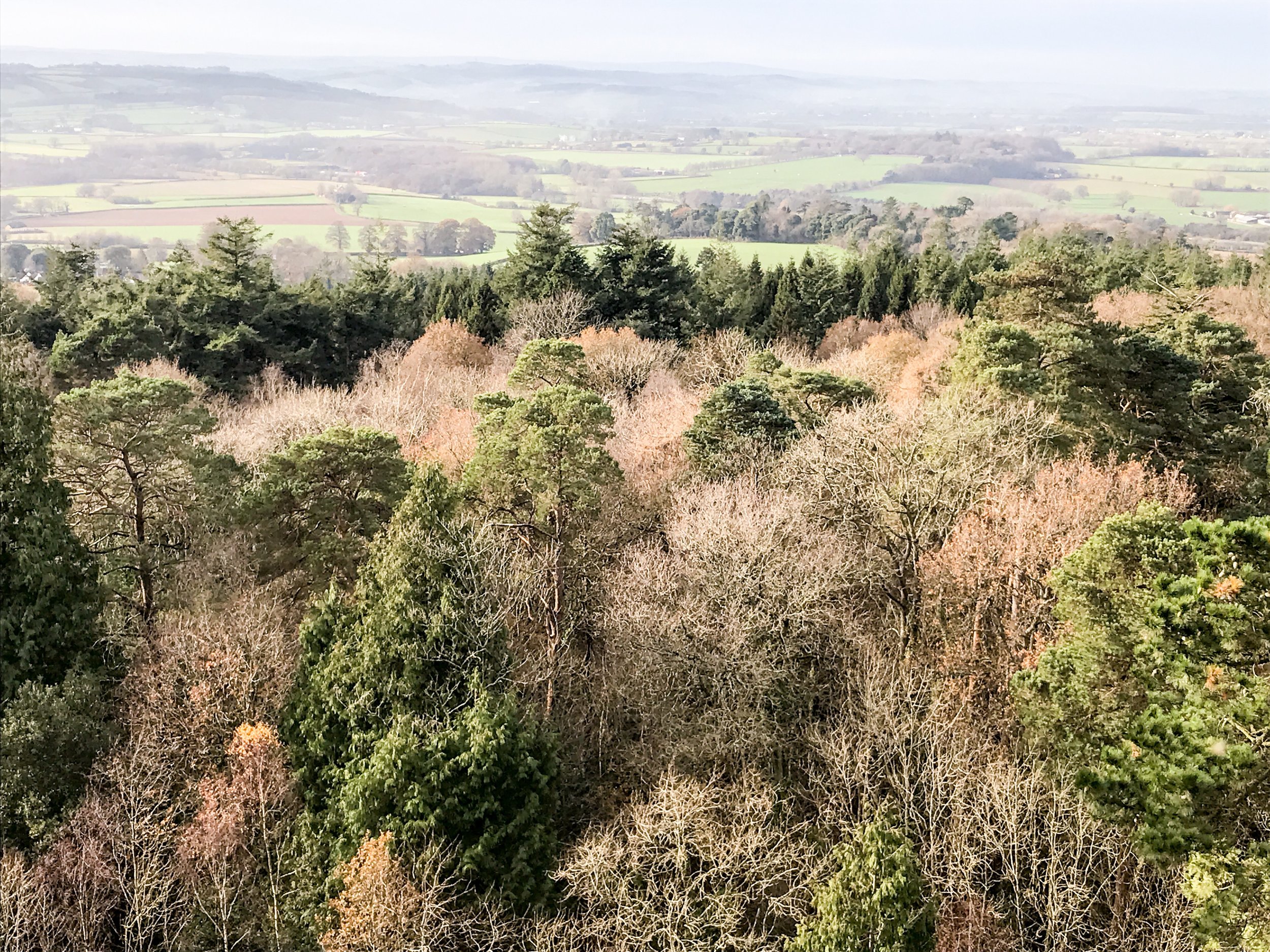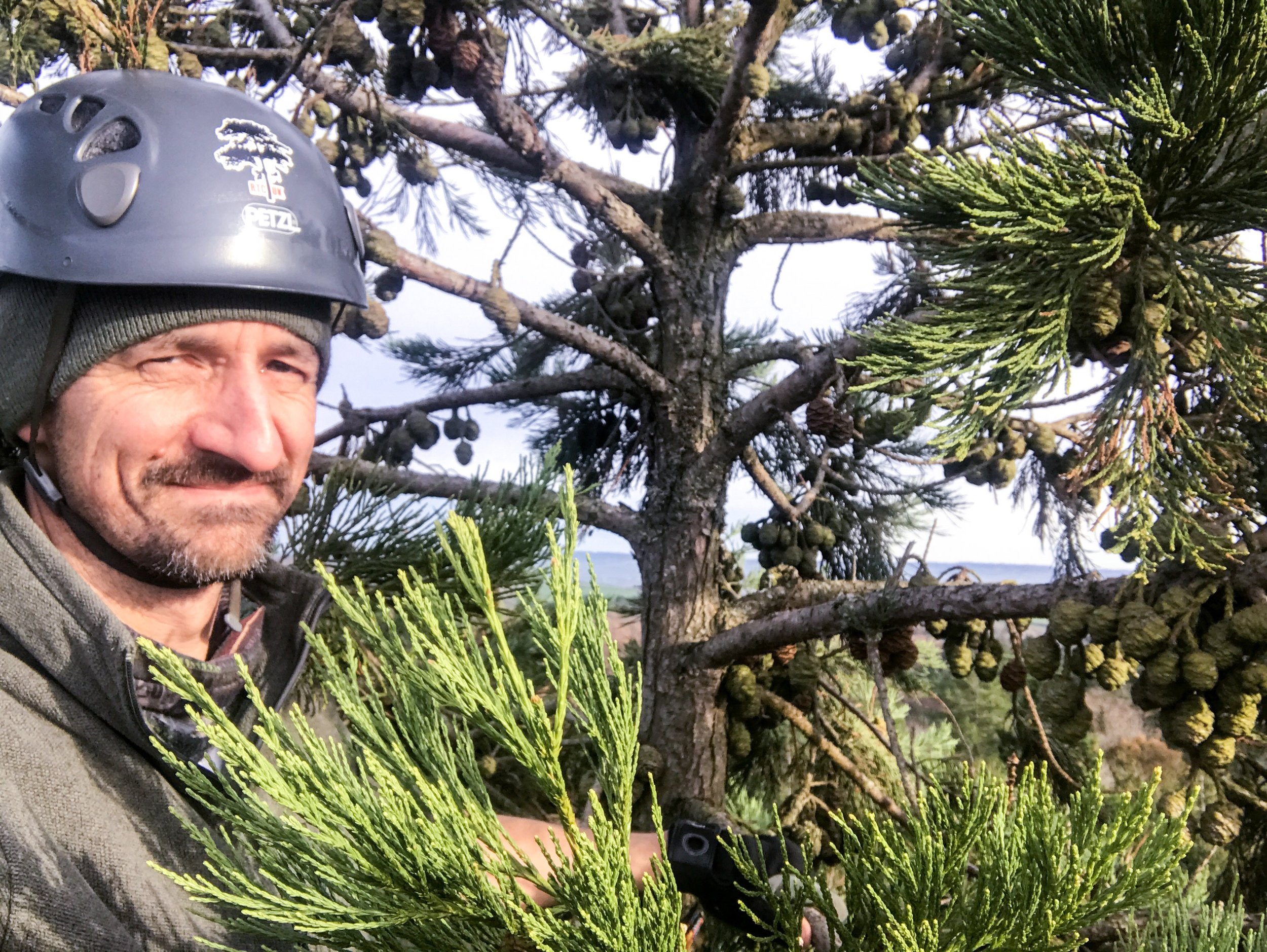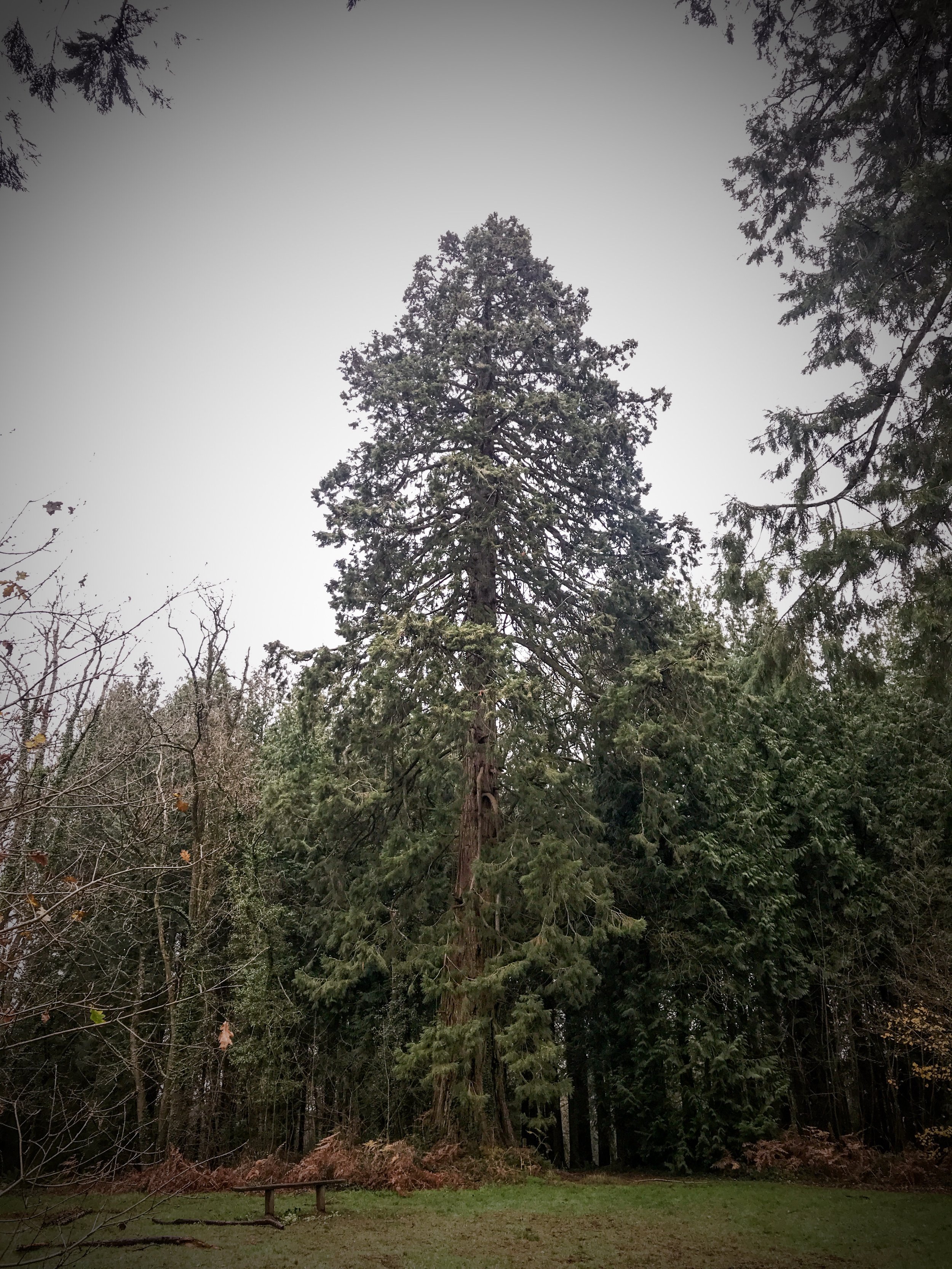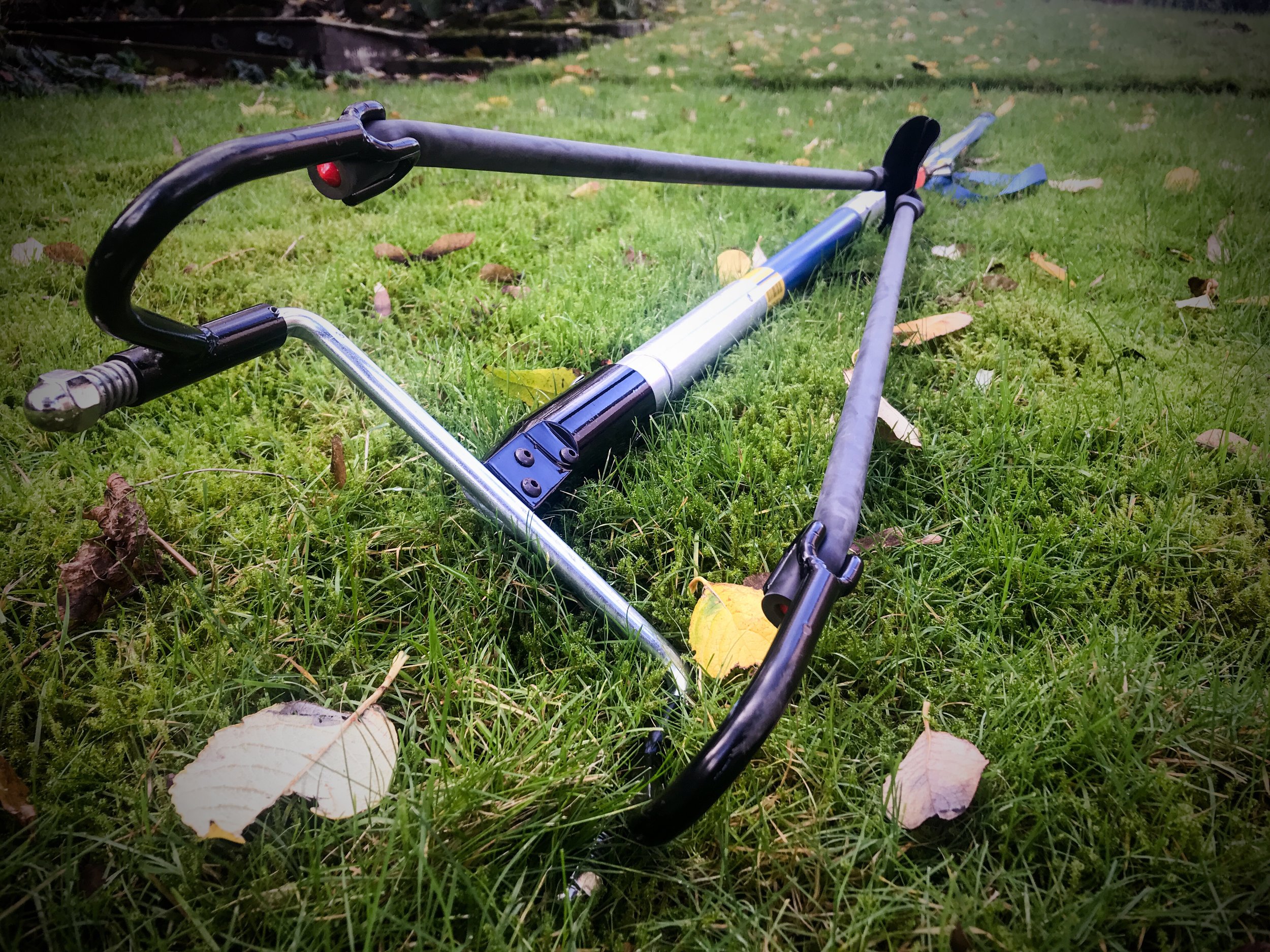Important Facebook-is-Evil news neatly summarised at BoingBoing.
Summary of key issues from the Six4Three files
1. White Lists
Facebook have clearly entered into whitelisting agreements with certain companies, which meant that after the platform changes in 2014/15 they maintained full access to friends data. It is not clear that there was any user consent for this, nor how Facebook decided which companies should be whitelisted or not.
2. Value of friends data
It is clear that increasing revenues from major app developers was one of the key drivers behind the Platform 3.0 changes at Facebook. The idea of linking access to friends data to the financial value of the developers relationship with Facebook is a recurring feature of the documents.
3. Reciprocity
Data reciprocity between Facebook and app developers was a central feature in the discussions about the launch of Platform 3.0.
4. Android
Facebook knew that the changes to its policies on the Android mobile phone system, which enabled the Facebook app to collect a record of calls and texts sent by the user would be controversial. To mitigate any bad PR, Facebook planned to make it as hard of possible for users to know that this was one of th e underlying features of the upgrade of their app.
5. Onavo
Facebook used Onavo to conduct global surveys of the usage of mobile apps by customers, and apparently without their knowledge. They used this data to assess not just how many people had download ed apps, but how often they used them. This knowledge helped them to decide which companies to acquire, and which to treat as a threat.
6. Targeting competitor Apps
The files show evidence of Facebook taking aggressive positions against apps, with the consequence that denying them access to data led to the failure of that business.



